Gender: Male - Starting with W
Weston, Joseph Harry
 Wetland Planning
Wetland Planning
Wheeler, Henry
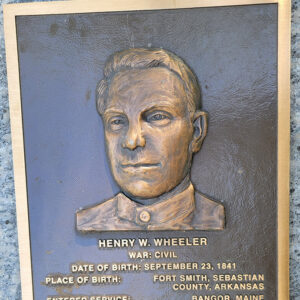 Henry W. Wheeler Plaque
Henry W. Wheeler Plaque
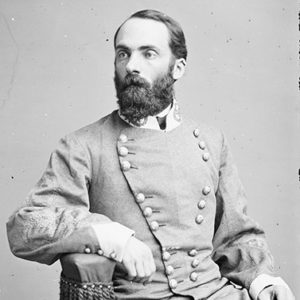 Joseph Wheeler
Joseph Wheeler
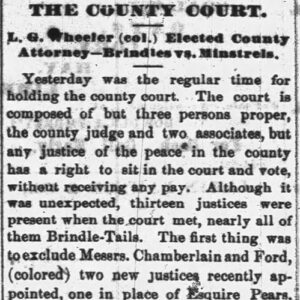 L. G. Wheeler Election Story
L. G. Wheeler Election Story
Wheeler, Lloyd Garrison
Wheeler, Stephen
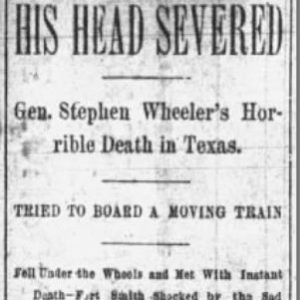 Stephen Wheeler Story
Stephen Wheeler Story
 When My Scars Are My Testimony
When My Scars Are My Testimony
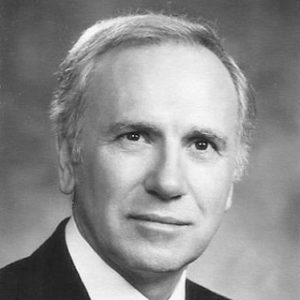 Carl Whillock
Carl Whillock
Whipple, Win “Skinny”
aka: James Winfield Whipple
White River and Attack on the Steamer Clara Bell, Operations on the
 Elton White
Elton White
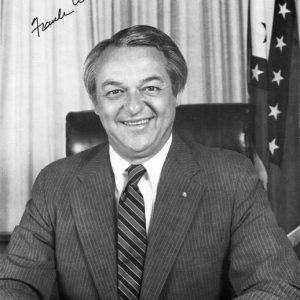 Frank White
Frank White
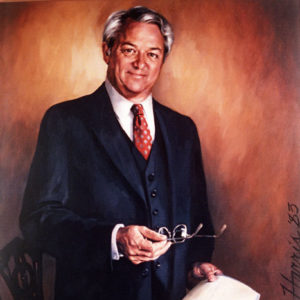 Frank White
Frank White
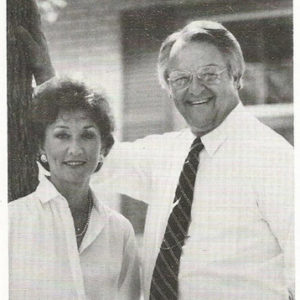 Frank White Campaign
Frank White Campaign
White, Frank Durward
White, Hayes (Execution of)
White, Hercules King Cannon
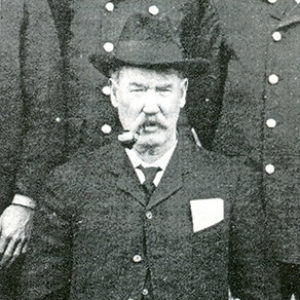 Hercules King Cannon White
Hercules King Cannon White
White, Isom (Execution of)
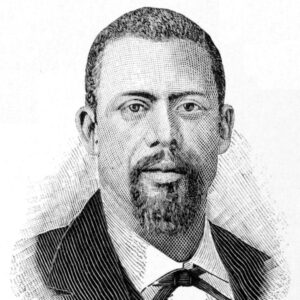 James T. White
James T. White
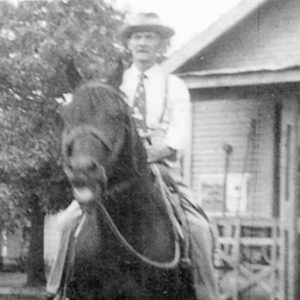 William Henry White
William Henry White
Whitehead, James Tillotson (Jim)
Whiteside, John Garrett
Whitfield, Ed
Whitley, Marcus (Execution of)
Whittington, Hiram Abiff
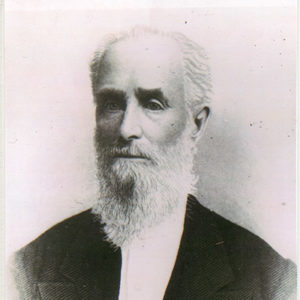 Hiram Whittington
Hiram Whittington
Whitworth, William Alvin
 Bill Whitworth
Bill Whitworth
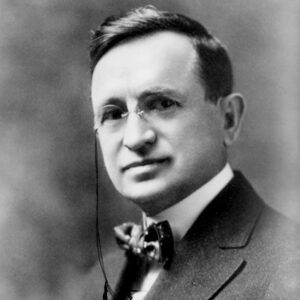 Wickliffe Rose
Wickliffe Rose
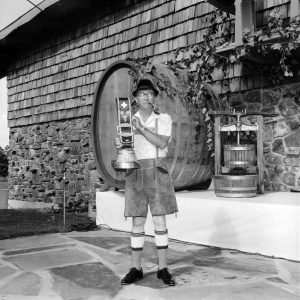 Herman Wiederkehr
Herman Wiederkehr
 Wilburn Brothers' Back in Town
Wilburn Brothers' Back in Town
 Wilburn Brothers
Wilburn Brothers
Wiley, Bill (Lynching of)
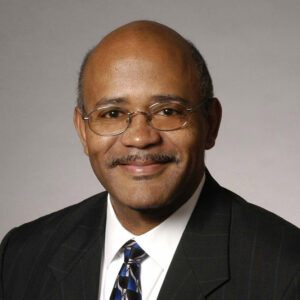 Hank Wilkins
Hank Wilkins
William (Lynching of) [1836]
William (Lynching of) [1846]
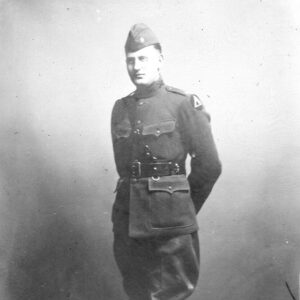 William C. Bradford
William C. Bradford
 Williams and Griffen
Williams and Griffen
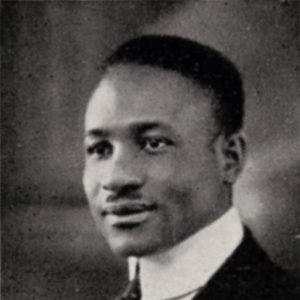 "Ink" Williams
"Ink" Williams
Williams, Albert (Lynching of)
Williams, C. Fred
 Fred Williams
Fred Williams
Williams, Claude Clossey
Williams, Edward (Reported Lynching of)
 Gene Williams
Gene Williams




